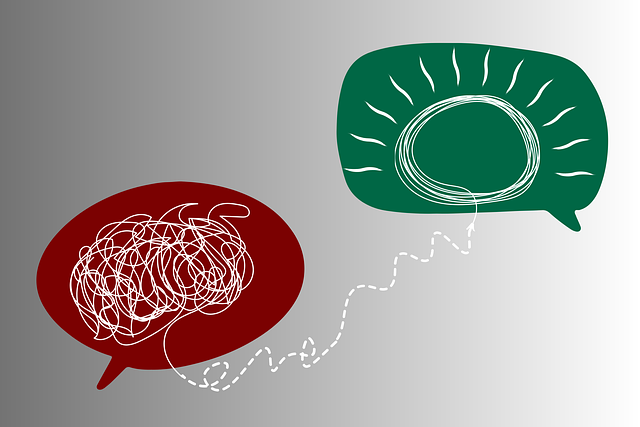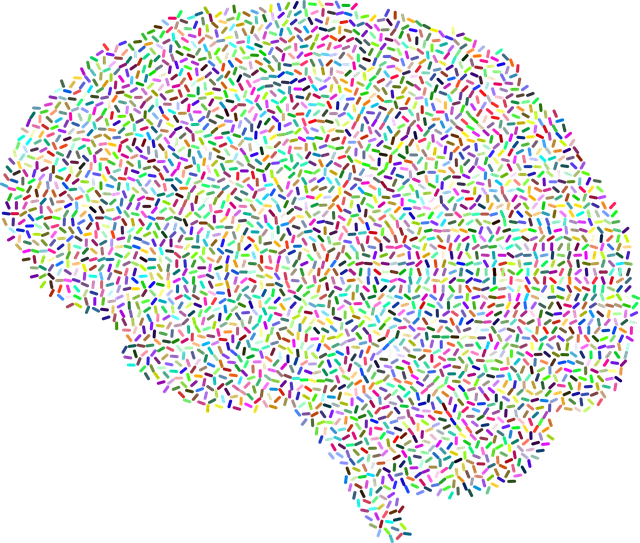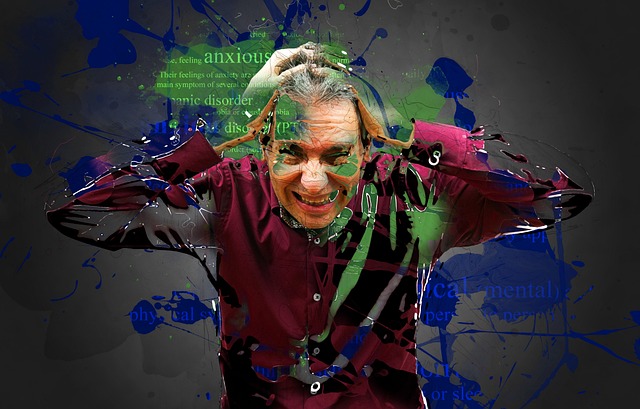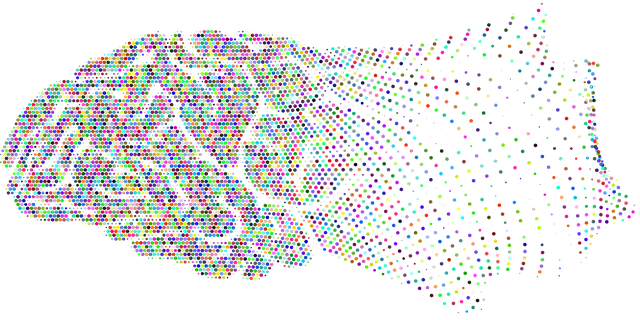Social skills, including communication, active listening, empathy, conflict resolution, and relationship building, are crucial for overall well-being and mental health. For individuals with conditions like anxiety, depression, or trauma, therapy, such as that offered by independent medical evaluations (IMAs), can be transformative. Social skills training through cognitive behavioral techniques and role-playing enhances emotional intelligence, resilience, and coping mechanisms. IMAs provide objective data on progress, allowing therapists to tailor approaches for continuous improvement. Regular practice, open communication, and mindfulness meditation reinforce positive behaviors for long-term mental health recovery.
Social skills training is a powerful tool in managing mental health conditions, fostering better interactions and enhancing overall well-being. This article explores the significance of social skills and their impact on mental health, highlighting the role of therapy in improving interaction abilities. We delve into the process of independent medical evaluations for accurate skill assessment and offer long-term strategies to maintain progress. By combining therapy with targeted assessments, individuals can develop lasting social skills, leading to improved mental health outcomes.
- Understanding Social Skills and Their Impact on Mental Health
- The Role of Therapy in Improving Social Interaction Abilities
- Evaluating Progress: Independent Medical Assessments for Social Skills Training
- Strategies for Maintaining Gained Social Skills in the Long Term
Understanding Social Skills and Their Impact on Mental Health

Social skills are fundamental to our overall well-being and play a significant role in maintaining mental health. They encompass a range of abilities, from effective communication and active listening to empathy, conflict resolution, and building meaningful relationships. These skills facilitate social connections, foster a sense of belonging, and provide support networks that are crucial for resilience. In the context of mental health conditions, where individuals often face challenges with social interactions, understanding and developing these skills can be transformative.
For many, social anxiety, depression, or trauma can lead to withdrawal from social situations, impacting their ability to seek help and access support. Therapy designed to enhance social skills, such as those offered through independent medical evaluations, focuses on improving emotional intelligence, resilience building, and mental health education programs. By learning effective communication strategies and practicing empathy, individuals can navigate social environments with greater confidence, leading to improved relationships, better coping mechanisms, and enhanced overall mental well-being.
The Role of Therapy in Improving Social Interaction Abilities

Social skills training is a significant aspect of mental health care, often integrated into therapeutic processes to enhance individuals’ ability to interact and connect with others. Therapy plays a pivotal role in this journey by providing a safe space for clients to learn, practice, and refine their social interaction abilities. Through structured exercises, cognitive behavioral techniques, and role-playing scenarios, therapists guide individuals in understanding the nuances of communication, non-verbal cues, and empathy.
This therapeutic approach not only focuses on improving outer interactions but also fosters inner strength development. By addressing underlying emotional regulation challenges through stress reduction methods, clients can gain better control over their reactions in social settings. As they learn to manage their emotions effectively, individuals become more attuned to others’ feelings, fostering deeper connections and enhancing their overall well-being, as evidenced by independent medical evaluations.
Evaluating Progress: Independent Medical Assessments for Social Skills Training

Evaluating progress is a vital aspect of social skills training for mental health conditions. Independent Medical Assessments (IMAs) play a crucial role in this process, offering an objective and comprehensive evaluation of an individual’s therapeutic journey. Through IMAs, trained professionals can assess improvements in emotional well-being promotion techniques, mental illness stigma reduction efforts, and overall mental wellness. These assessments provide valuable insights into the effectiveness of the training program, allowing therapists to tailor their approach for better results.
Regular IMAs help track changes in social interaction patterns, communication skills, and coping strategies adopted by individuals with mental health conditions. By comparing initial assessment findings with subsequent ones, therapists can gauge progress, identify areas requiring further attention, and make informed decisions about adjusting therapy goals and techniques. This data-driven approach ensures that the social skills training remains relevant and impactful, fostering continuous improvement in participants’ emotional and mental wellness.
Strategies for Maintaining Gained Social Skills in the Long Term

Maintaining social skills acquired through training is a crucial step in long-term recovery for individuals with mental health conditions. After completing therapy or independent medical evaluations, it’s essential to integrate these skills into daily life. One effective strategy is regular practice; engaging in social interactions, even small ones, can help reinforce positive behaviors. Encouraging open communication with trusted friends, family, or support groups ensures ongoing opportunities to apply learned techniques.
Mindfulness meditation and mood management strategies are valuable tools for sustaining progress. Mindfulness helps individuals remain present and aware during social exchanges, fostering better listening and empathy. Additionally, mood management techniques enable people to regulate their emotional responses, promoting healthier interactions. Incorporating regular mindfulness practices and learning effective communication strategies can significantly contribute to the long-term retention of enhanced social skills.
Social skills training, combined with evidence-based therapy and independent medical evaluations, offers a holistic approach to enhancing mental well-being. By focusing on social interaction abilities, individuals can improve their quality of life and build stronger support networks. Through continuous practice and long-term strategies, the benefits of such training are indelible, fostering more inclusive and fulfilling social experiences. This comprehensive approach ensures that those with mental health conditions receive the necessary tools to navigate social environments confidently and successfully.









